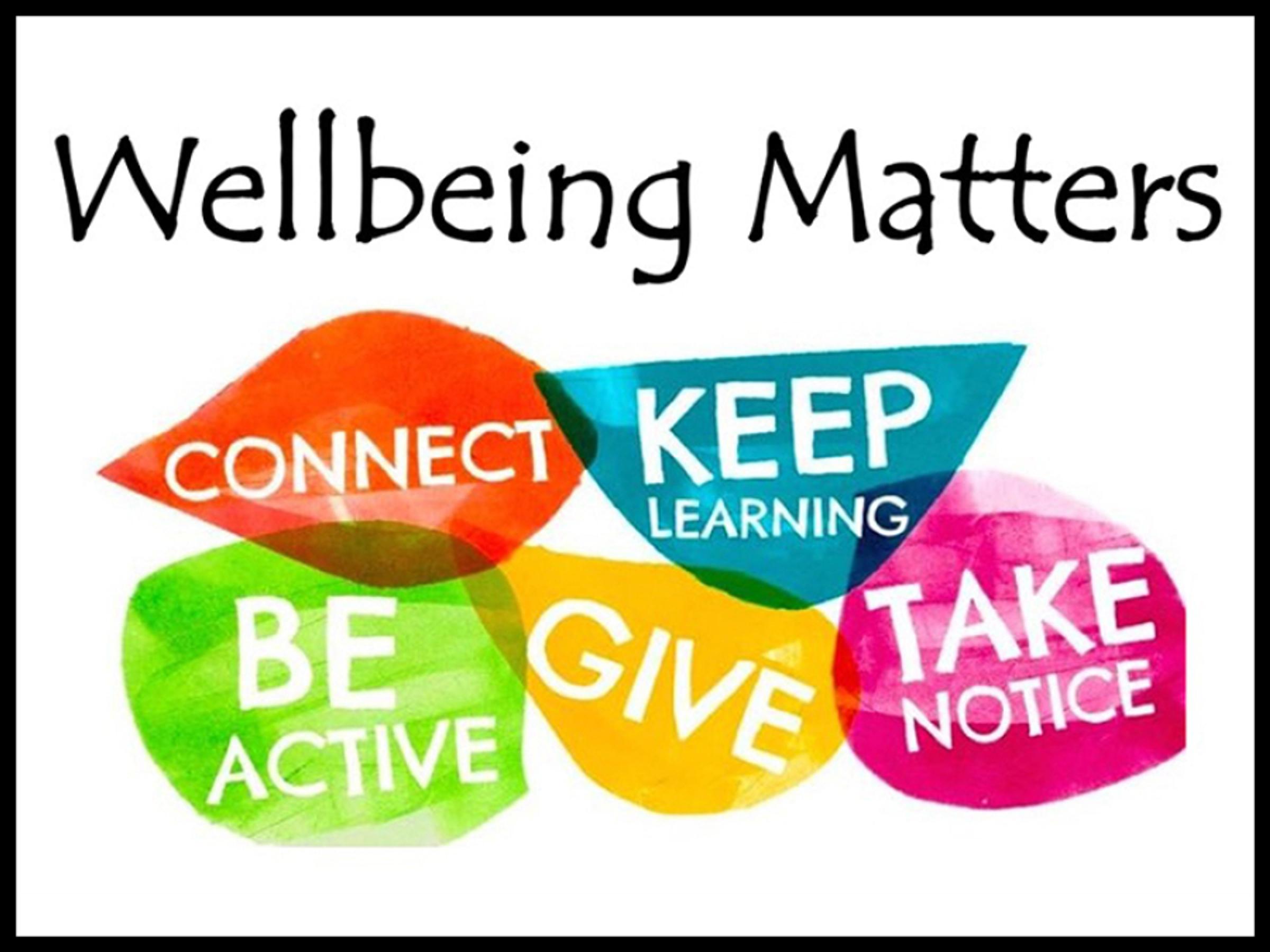Well being: Confidence
15 ways to love your child confidently
CONFIDENCE by Michael Grose
This is part two of Michael Grose's articles. He has wonderful ideas about many things and I think it is helpful for us all to ponder his ideas now and then. If you would like to read more about Michael Grose his website is Parenting Ideas.
8. Let them teach you something
When was the last time you asked your child to teach you how to do something? Kids who see themselves as strugglers can get a boost in confidence when they teach their parents how to do something that they are good at.
9. Encourage your child to be a generalist
The years before adolescence have traditionally been seen as a period when children explore various activities and develop a variety of interests. Essentially it’s the time to be a generalist. Specialisation best happens from around fourteen years of age when young people start to define their identity (‘I’m into music!’ ‘I’m a sports nut!’) by the activities they pursue. Children now seem to specialise at a much younger age, which can limit the options available to them later on. Encourage your child to try a variety of different activities to build a broad base of competencies and interests that will serve him well in the teenage years.
10. Problem solve together
While kids need a chance to resolve some of their every day problems – such as managing pesky siblings, dealing with strict teachers and sharing a workspace at school with peers they don’t like – by themselves, they can also benefit from sitting down with a parent and working their way through problems together. All the aforementioned problems (and many more besides) could be workshopped so that kids get the benefit of your wisdom, without you solving their problems for them.
11. Encourage assertion
Kids generally resolve relationship problems with friends and siblings in three ways – through accommodation, aggression or assertion. Accommodating the needs a friend or sibling is admirable but some kids give way too much because they don’t know how to stand up for themselves. Some children will use aggression and other high power ways to get their own way. Encourage your child to be assertive and ask for what they want rather than give way all the time or be aggressive. Assertiveness is as much about strong body language as it is about the words they use. So encourage them to practise standing up straight, using a strong voice and making eye contact when they say to a sibling or friend, “No. I don’t want you to borrow that.”
12. Help them see beyond the label
A child who defines themself as being stupid because they struggle academically benefits from parents who lovingly point out that there is more to a life than school work. Help them see the strengths that they have in other areas of life such as making friends, success at leisure activities and the personal qualities that he or she displays such as loyalty, patience and persistence. Help children see past labels that they can place on themselves.
13. Cue confidence not anxiety
Recently I heard a parent say to her primary school-aged daughter prior to going on a class excursion, “You’re not going to be anxious are you?” If the child wasn’t anxious already she was likely to be after her mother planted the idea in her head. Children generally take their cues about how they should see events from their parents so we need to be very careful about what we say to children particularly when they go into new or unfamiliar activities. Better to cue a child to be courageous with a statement such as “Now’s the time be brave.”
14. Turn the volume down on the news
There’s no doubt we live in a fearful world that reduces children’s propensity to take the sensible risks that they need to develop. The media with its twenty-four-hour news cycle has a lot to answer for. Consider how much news your children are exposed to via television and radio particularly in the pre-school and early primary school years. Kids at these ages are faulty processors of information and can be adversely influenced by news events that occur across the world. Fear defeats confidence and inflates anxiety and tension.
15. Help your child rationalise, rather than exaggerate their worries
Children and teenagers can easily jump to conclusions and catastrophise (“I’m hopeless!”), blaming themselves when they experience difficulties. Help your child work through their difficulties so they can rationalise and find solutions. Challenge their self-talk and help them see that a situation probably isn’t as bad as they are making out. By calling out their propensity to catastrophise you may not be making yourself popular, however you’ll be teaching a valuable lesson in staying calm rather than letting their emotions get the better of them.
Building children’s resilience and confidence is a basic parenting task. It always has been and always will be. Some kids need more of a focus on resilience and confidence-building than others. Best to take your cues from your kids and look for strategies that stretch them rather than restrict them or keep them dependent on you.
I hope you found some of the points in this article thought provoking.
Have a great week.
Rikki Winduss
Wellbeing Leader

